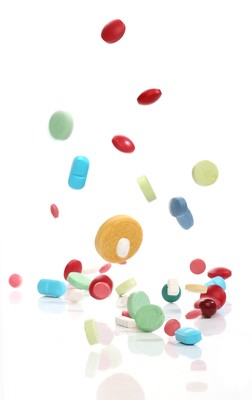by Krissy Goelz (@krisgoelz)
It isnt just a problem for Paddington Bear anymore. Its a very real problem facing the pharmaceutical industry in ever-growing numbers.
Prescription abandonment is the filling, but not the picking up, of a prescription. A patient gets a prescription from her healthcare professional, takes it to the pharmacy (or has it sent electronically, in some EHR-equipped practices), has the pharmacist or pharmacy tech fill it – but does not actually pay for it and bring it home to start taking it.
Its a growing problem – perhaps as many as 10% of filled prescriptions arent purchased. And it happens mainly because of cost. Logically, but troublingly, its seen particularly in disease conditions where the medications are especially expensive, like cancer or rheumatoid arthritis – which are, unfortunately, often the conditions with higher morbidity and mortality rates.
Where else, though, do we see abandonment – if not as seriously? Creative ideas are abandoned when there isnt the budget or staff to pull them off. Plans are abandoned when deadlines slip and priorities intervenet. Strategies are abandoned when a hot new theory comes off the press.
When are we abandoning ideas, and when are we evolving past them? How can you tell the difference?
And how can we create more fulfillment and follow-through – in our prescriptions and in our creativity?
Its incumbent upon us to use our digital communications to bring greater awareness of our patient-assistance programs to our patients. People should not feel as if their only choices are to spend more than they can afford (according to the one study linked above, one specialty Rx can be as much as 10% of an average households income) – or to risk their health or that of their loved one by going without. There is recourse for these patients, but they have to know about it.
And our teams shouldnt feel as though creativity and effectiveness are ever mutually exclusive. Wild ideas are some of the best ones going, and we have to support them and nurture them accordingly.
Lets consider ways to get all the way to the end of the cycle. Lets get our patients the medications they need to feel better. Lets give our ideas the opportunity to make a difference.
